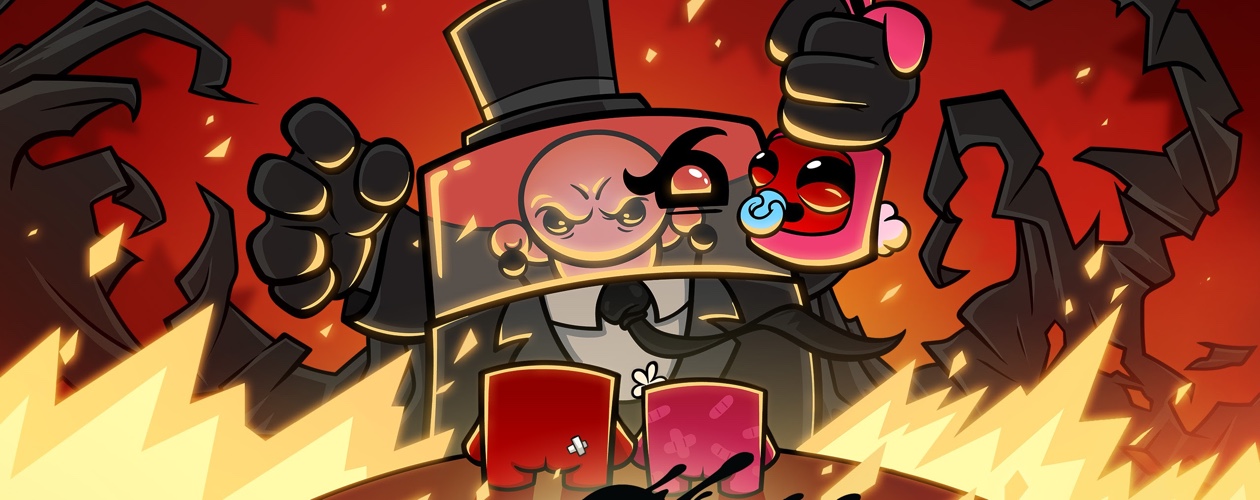Reinventing a classic is difficult. In the time since its release in 2010, Super Meat Boy gained a reputation as a demanding, but rewarding all-time platforming great. It’s frenetic, manic and ultra-demanding difficulty made it a smash hit almost overnight and it received ports across numerous consoles, including most recently the Nintendo Switch.
Super Meat Boy Forever aims to change up the formula by taking those same tight, demanding levels and transposing them onto an auto-runner. This sequel ups the ante by adding new abilities, including the option to attack enemies, and a new dynamic level system that provides players with 7200 different courses to beat.
The auto-runner aspect was an addition that caused concern before playing the game, as I liked the precision that the original demanded. Fortunately, the game’s auto-running actually feels fresh, bringing a new dynamic to gameplay and changing the way players approach puzzles and pitfalls in the world.
While Super Meat Boy would originally let you play conservatively, giving you the opportunity to pause before tackling, Forever feels incredibly immediate. The never-ending run of your character forces split-second reactions. Much of the gameplay still focuses on trial and error, but there are moments where you’ll make your way through a level on your first try – and the feeling it elicits is one of pure elation.

The auto-running can however be a source of frustration because of the way the levels are built. Those 7200 levels are built from a bank of obstacles which are randomly stitched together to create levels. Where each level was hand-built in the original, the levels now feel like a simple collection of obstacles. There isn’t the same level of care and attention in Forever and that’s a real shame because it’s part of what makes this sequel feel inferior.
If there’s one thing Super Meat Boy got right, it was how fluid and responsive the controls were. Forever is no different, with the likes of Super Meat Boy, Bandage Girl, and the entire cast of characters feeling like an extension of your input. While you may not control the running anymore, you can jump, punch and slide your way around levels, using each action in a variety of ways. It’s impressive just how much range of movement there is with such a restricted control scheme, and I feel it’s one way Forever really shines.
It’s needed though, as Forever’s randomly generated levels can be incredibly challenging, with some of the toughest obstacles in the series to date. Those randomly generated levels can feel incredibly punishing, even when compared to the first title. I thought the auto-running might have made Forever more accessible than its predecessor, but this isn’t the case as I regularly found myself stuck.

One of the biggest improvements in Forever is the visuals. The entire cast looks crisper and more detailed than ever before, breathing even more life into the varied character design. The world around Super Meat Boy looks denser now as well, with lots of colour and depth bringing the world to life. It’s only when you go back to the original Super Meat Boy that you notice just how much it has aged in these past ten years, and how welcome these new visual upgrades are.
Upgrades aside, there’s one thing Forever seems to forego in favour of changing up the formula and that’s simplicity. Super Meat Boy’s playability came from how simple it was to play. You could jump and move, and that was about it. In Forever, the addition of melee attacks, new enemy types and power-ups distort that simplicity, and it fails to exceed what came before. These gameplay additions are especially frustrating when the game rarely takes the time to explain a new enemy or item to you, meaning you often have to guess, and the original’s simple sense of purpose is lost amongst a morass of needless ‘improvements’.


